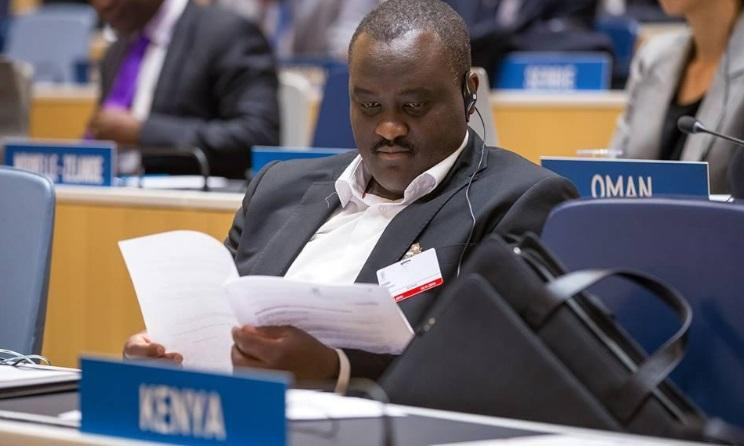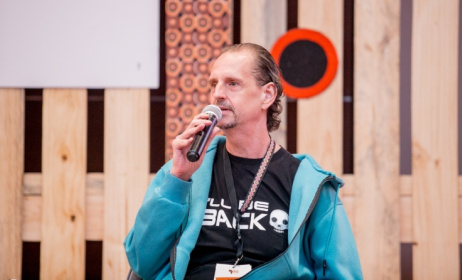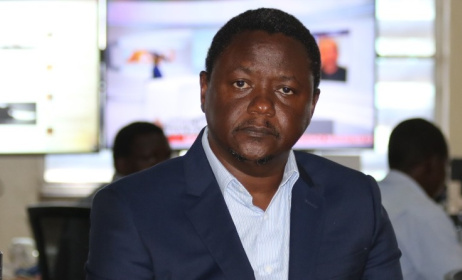Kenya: KECOBO to appeal high court ruling revoking MCSK licence
The Kenya Copyright Board (KECOBO) will this week appeal a recent high court ruling in Kisumu, which revoked the Music Copyright Society of Kenya's (MCSK's) royalty collection licence.
 KECOBO boss Edward Sigei.
KECOBO boss Edward Sigei.
The case was filed on 26 March by the Kisumu Association of Bar Owners (KABO), which challenged the issuing of the licence for 2019. KECOBO and the office of the attorney-general have been listed as the respondents.
The latest ruling was made by Justice Fred Ochieng on 8 October and means that the MCSK has lost its licence to collect royalties for the year, even though it is already mid-October. KECOBO has now filed a notice of appeal, giving it 14 working days to submit an appeal to the high court in Kisumu.
“The issue before me is whether or not the board was properly constituted at the time it issued a license to MCSK," Ochieng said in his ruling. "The respondent acknowledged that pursuant to the first schedule of the Copyright Act, 2001, the copyright board hold office for a period of three years. It is common ground that the term of the last board ended on 30 October 2018.
Ochieng said that by issuing the MCSK licence, KECOBO executive director Edward Sigei acted outside his mandate, which was to supervise the board's day-to-day running.
“It must be emphasised that the executive director is not synonymous with the board. He [Sigei] cannot constitute himself into the copyright board. It therefore follows that when the executive director issued a licence on 1 February 2019, at a time when the board was not properly constituted, he acted without the requisite legal mandate,” Ochieng said.
KECOBO’s defence for issuing the license is based on a Kakamega high court ruling that granted the body powers to license collective management organisations (CMOs) for 2019. “All interim orders issued in this matter are hereby discharged, and for the avoidance of doubt, the Kenya Copyright Board shall be at liberty to proceed with the process of calling for new applications for collecting societies under Section 46 (2) of the Copyright Act,” it pronounced.
A Kenyan copyright lawyer who did not want to be named told Music In Africa that the ruling by the high court in Kakamega was somewhat extreme.
“The court is allowed by law to propose that the MCSK be given an interim licence to allow the KECOBO board to be constituted," the lawyer said. "But by revoking the MCSK licence, the judgment is giving room for infringement to take place because until the appeal is heard, there is nobody liable to formally license and authorise the use of musical works.”

































Comments
Log in or register to post comments